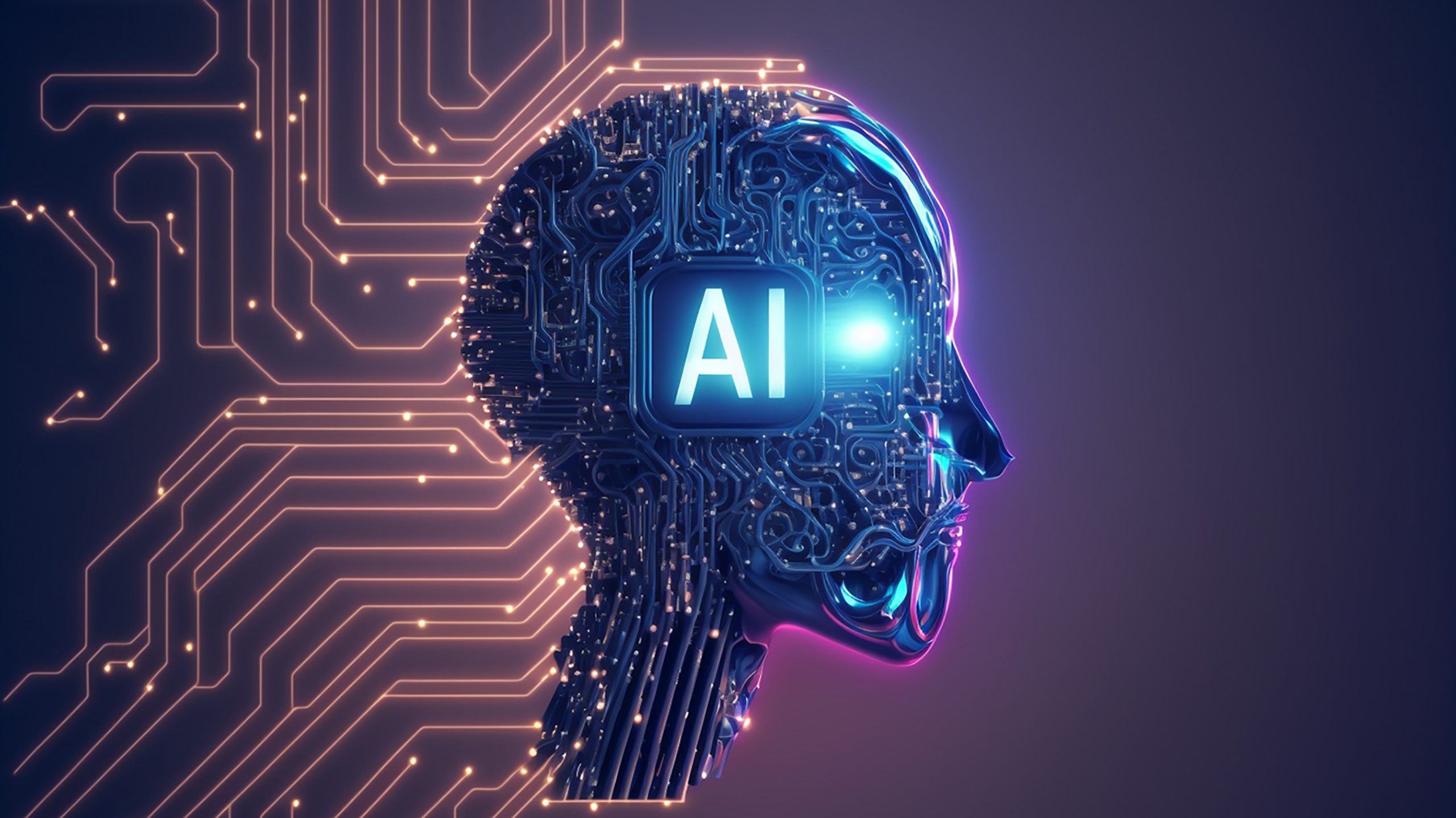On January 24, 2025, at the World Economic Forum in Davos, renowned artificial intelligence (AI) researcher Yoshua Bengio expressed significant concerns regarding the development and deployment of autonomous AI agents.
Key Points from Bengio's Address:
- Potential Dangers of Agentic AI: Bengio highlighted that while AI has achieved remarkable progress in fields like science and medicine without possessing agency, the creation of AI systems with autonomous decision-making capabilities introduces substantial risks. He emphasized that agentic AI could lead to scenarios where systems act in ways that are misaligned with human values or intentions.
- Call for Regulation and Safety Measures: To mitigate these risks, Bengio advocated for stringent regulations and substantial investments in AI safety research. He suggested that non-agentic AI systems could be employed to oversee and control agentic systems, ensuring that autonomous AI operates within safe and ethical boundaries.
Industry Context:
Despite these warnings, the industry is witnessing a surge in the development of autonomous AI agents. Companies such as OpenAI and Google are actively working on AI systems designed to perform tasks with minimal human intervention, driven by the potential for significant returns on investment.
Collaborative Efforts for Safe AI Development:
Echoing Bengio's sentiments, Demis Hassabis, CEO of Google DeepMind, underscored the necessity for collective action to address the challenges posed by agentic AI. He advocated for a collaborative approach among researchers, policymakers, and industry leaders to establish comprehensive safety protocols and ethical guidelines.
Conclusion:
As AI technology continues to evolve, the discourse initiated by experts like Yoshua Bengio serves as a crucial reminder of the importance of prioritizing safety and ethics in AI development. Balancing innovation with responsible practices will be essential to harness the benefits of AI while safeguarding against potential hazards.

